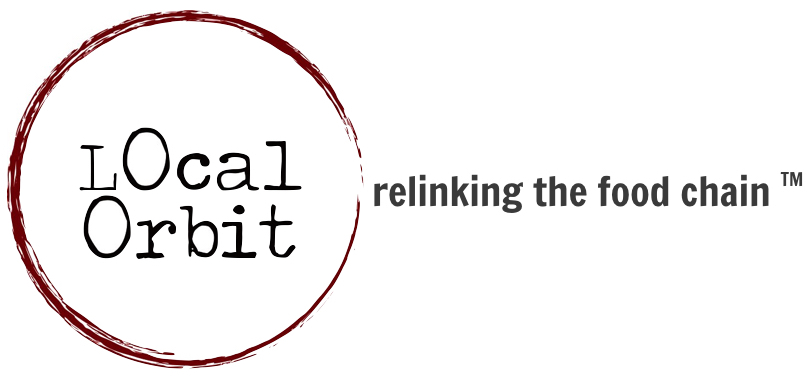Dan Hobbs will share his expertise on networked and collaborative food systems at Local Orbit’s Transparency, Collaboration & Shared Value in Local Food Economies, Nov 7-9 in Ann Arbor.
Dan has twenty years of agricultural and rural development experience in the United States and South America. He is the Cooperative Development Specialist with the Rocky Mountain Farmers Union, where he works to create collaborative networks of local food stakeholders, including the Colorado Food Hub Network, a national model for creating a transactional network of regional food hubs. He also owns and operates a 30-acre organic seed and vegetable farm in Pueblo County Colorado and is a founding member of the Arkansas Valley Organic Growers.
We spoke with Dan about the changes he’s seeing in regional collaboration, and how local food producers and distributors can work together to scale up.
What’s the biggest challenge you see for local food hubs and small distribution businesses?
In the case of the farmer-oriented food hubs, supply problems and professional management are the biggest challenges. There is limited and variable produce supply – meaning that while there may be a good variety of product, there is inconsistent supply of it – and lack of stable year-round products. It can also be difficult to find experienced professionals in rural areas.
Why have you and the Colorado Food Hub Network decided to pursue a formal, transactional network?
There are a couple reasons. First, different complementary production areas enable various hubs to focus on their strengths while sourcing from other hubs to deliver a wider range of Colorado products in local delivery areas. Second, we can join forces to service higher volume accounts – mainly in Denver – for select items available in larger quantities. Both help in an effort to scale-up business for all hubs involved.
What role does competition and collaboration play in growing local food systems?
Both are fundamentally important. Competition raises the bar for business professionalism, quality control, development of product and market differentiation. Farmer hubs are also developing communication expectations for when they cross into each other’s territories. Collaboration promises to help all the hubs scale up and share best practices and other information.
How does transportation affect your business and your regional food system?
Transportation is centrally important and very challenging. We have long distances to urban/market centers from most production agriculture areas. Balancing consistent deliveries with full loads is an on-going challenge, and one of the biggest hurdles we’re working on right now.
You’ll have the opportunity to work directly with Dan, along with a stellar group of supply chain innovators, at Local Orbit’s workshop, Transparency, Collaboration & Shared Value in Local Food Economies, November 7-9. Apply now!

